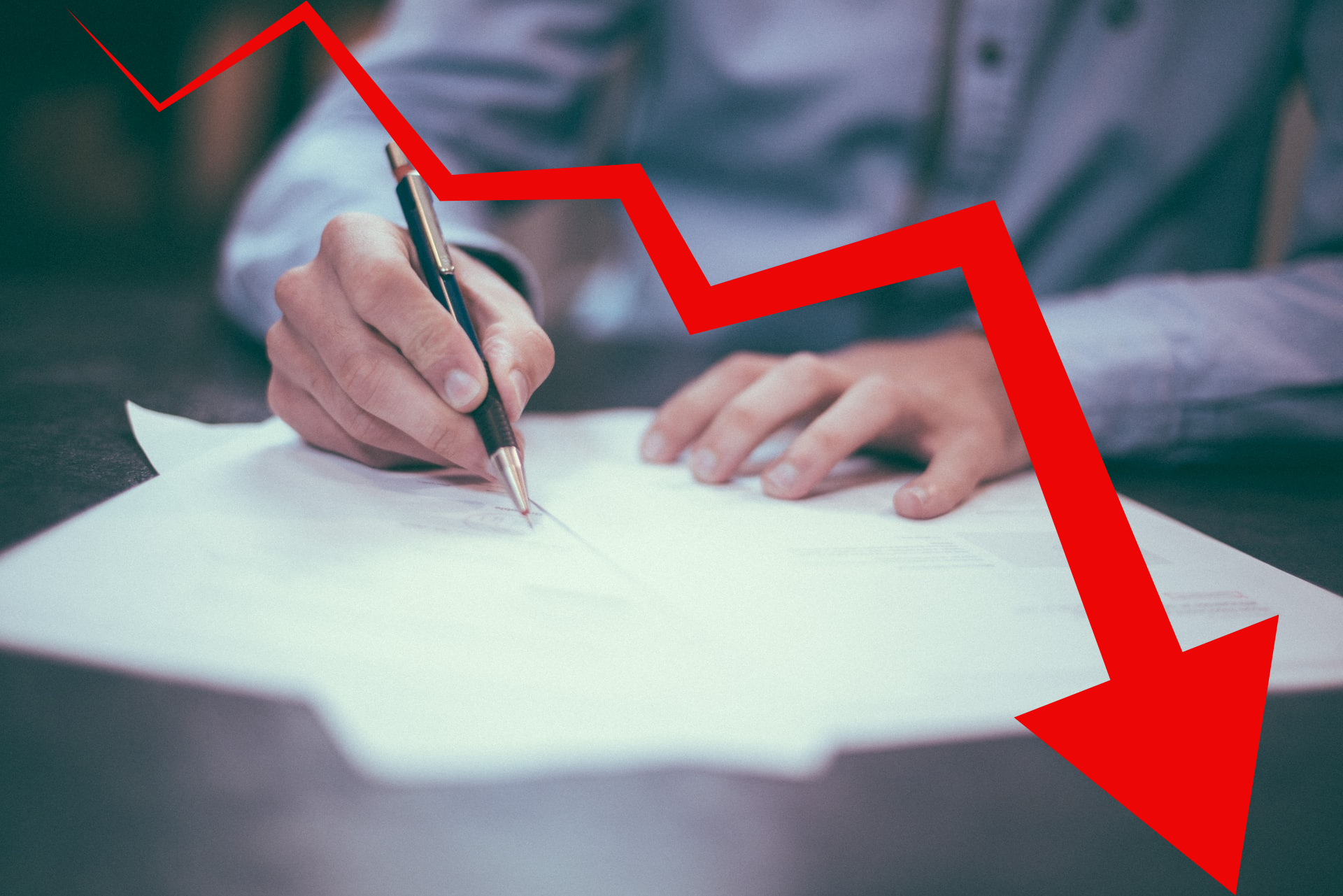
STAT News : Private equity’s Welsh Carson, casting itself as a noble force, relentlessly pursues profits in health care
November 21, 2022
STAT News recently investigated private equity firm Welsh, Carson, Anderson & Stowe and their business practices in the healthcare industry. The article highlighted Welsh Carson’s involvement in multiple fraud investigations and a business trend of prioritizing profits over the care of patients in the medical companies they own.
STAT News October 31, 2022: Private equity’s Welsh Carson, casting itself as a noble force, relentlessly pursues profits in health care
In 2016, Welsh Carlson initiated a takeover of health care nonprofit InnovAge. The takeover resulted in InnovAge transitioning to a for-profit entity and the company is now under investigation for fraud. After the investment by Welsh Carson, InnovAge experienced rapid growth, akin to tactics that private equity has historically taken when purchasing healthcare companies. STAT reported that based on a number of lawsuits and investigations, Welsh Carlson prioritized profits often over care of patients in its hospital system.
“But lawsuits, government audits, financial documents, and interviews with more than 50 people reveal Welsh Carson has ruthlessly chased profit by pouring gas on companies that have capitalized on the bloat and exploitative practices within the United States’ $4 trillion health care system — often at the expense of patients, employers, and taxpayers. Even so, the firm has not always produced bigger financial returns than its peers, according to a STAT analysis of the firm’s returns data, obtained from public records.”
Laura Katz Olson, a political science professor at Lehigh University who studies private equity in health care, also added in the article, “They’re not in the business to make a health care company. They’re in the business to make outsized profits from their investments.”
Currently, federal and state prosecutors are investigating InnovAge for fraud allegations.
Additionally, STAT looked at Welsh Carlson and its handling of U.S. Anesthesia Partners (USAP). The amount of money in the anesthesiology marketplace, STAT reported, has attracted substantial private equity investment in the last ten years. According to STAT, PE firm Welsh Carlson “helped create an anesthesia empire through numerous acquisitions and by maximizing the number of patients its doctors treated. And like other private-equity-backed physician staffing firms, the riches come directly from the pocketbooks of unsuspecting patients and the employers who insure them.”
Welsh Carlson helped form USAP in 2012 and currently operates in 12 states. According to STAT, USAP practices have pushed anesthesiologists to drive up patient volumes to maximize the profits and payouts given to shareholders. In addition, USAP issued almost $2 billion in debt, which as STAT reported, included a sizable $400 million dividend recap.
STAT explained, “Dividend recaps are when private equity firms saddle companies with debt for the sole purpose of using that borrowed money to pay themselves and other shareholders — a tactic that allows private equity firms to make a quick buck while putting all the risk on the company to pay back that debt.”
PESP Healthcare Director Eileen O’Grady commented on this common PE debt tactic that Welsh Carson and USAP employed. “They added debt to the company despite the fact that [it] was making it even more leveraged than it was before,” she told STAT.
Eileen has also looked into Welsh Carson and its takeover and running of the aforementioned InnovAge. In a blog post, “Failures at PE-Owned Programs for Low-Income Seniors Raise Red Flags,” O’Grady looked at recent investigations into quality and compliance issues at InnovAge, showing that these are examples of the risks of private equity’s entrance into the space. Similarly to STAT’s findings, O’Grady concluded that “profits soared even while patients suffered.”
